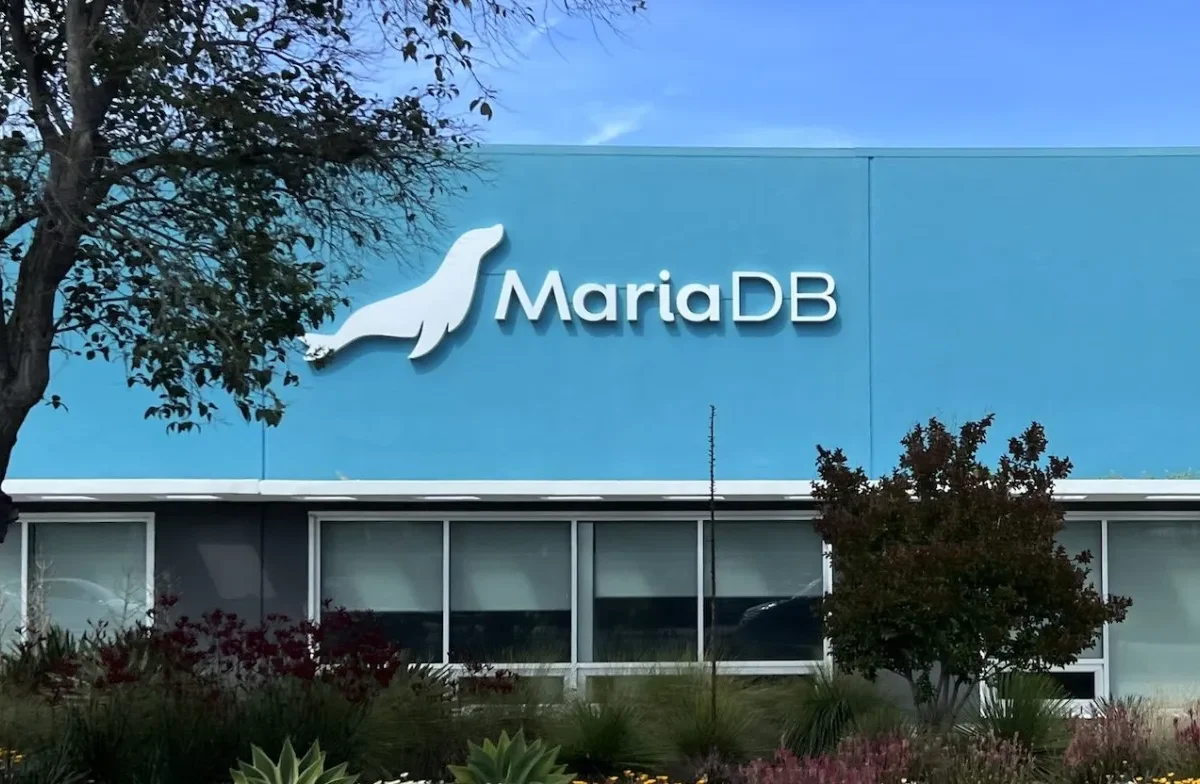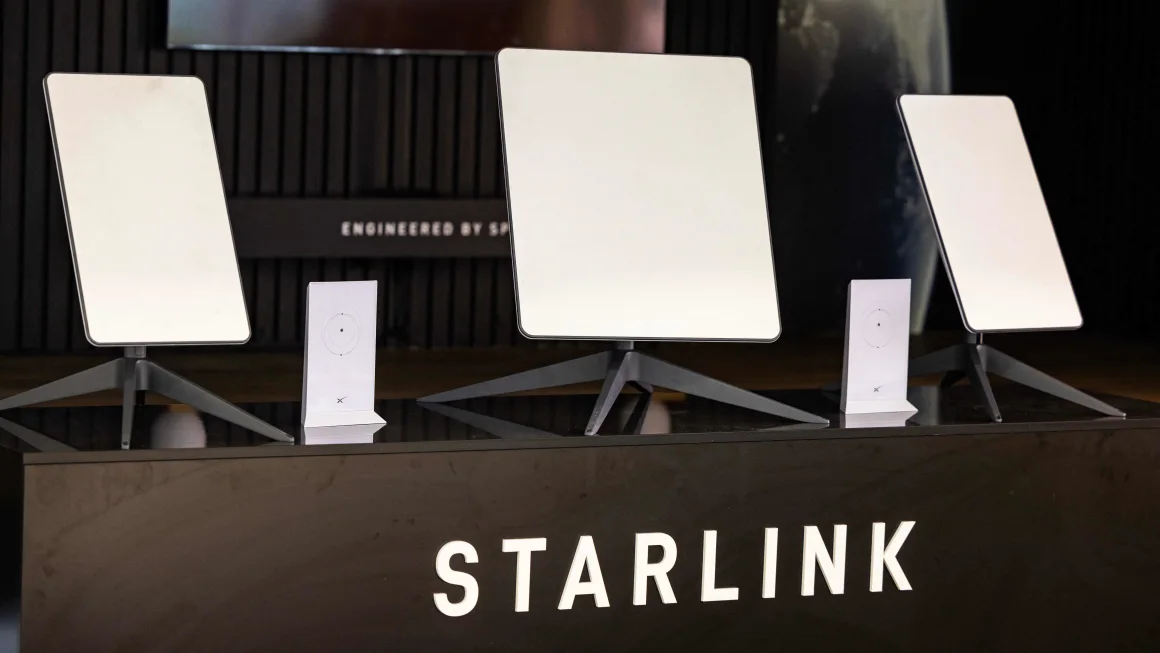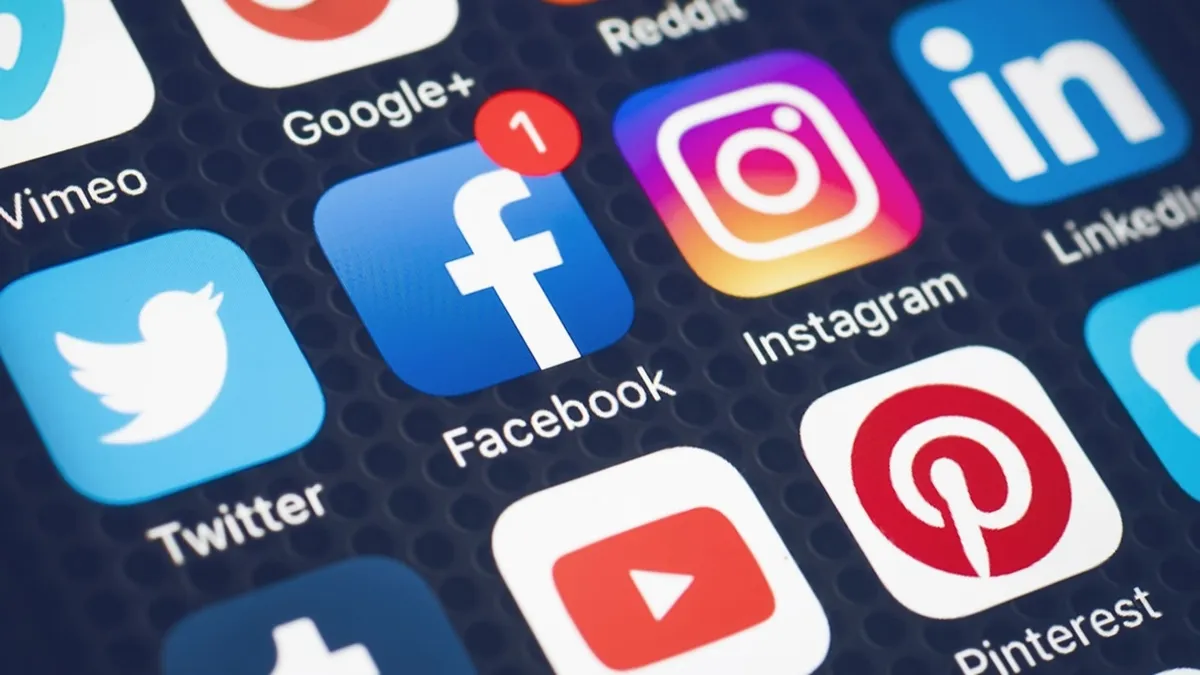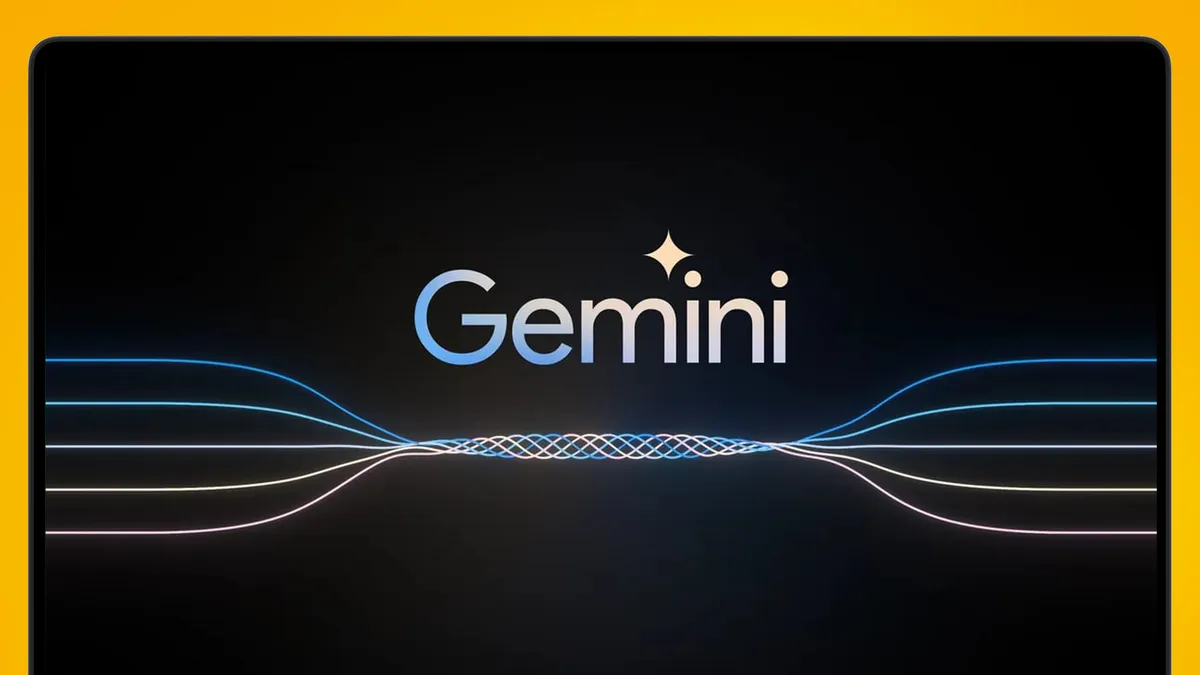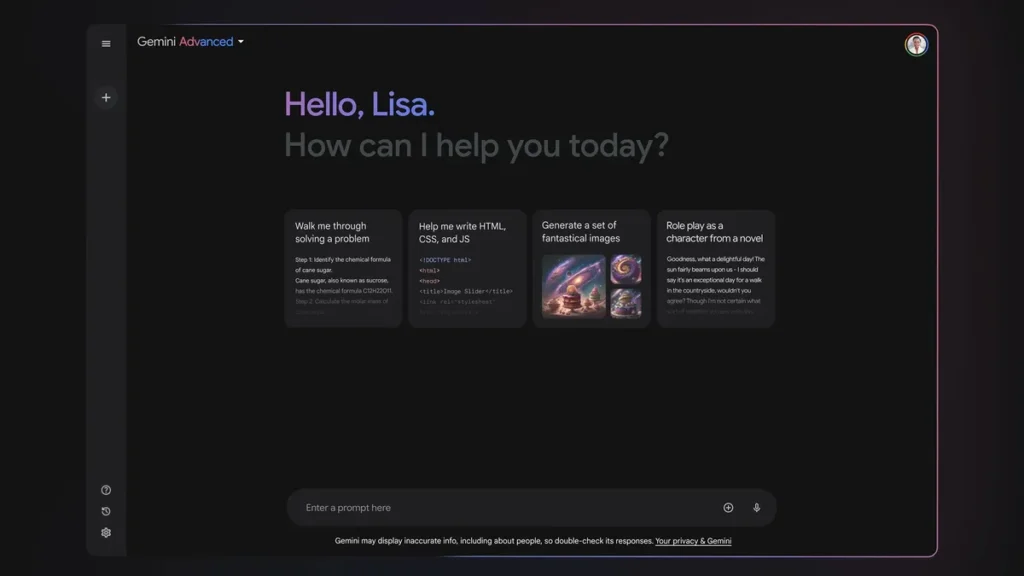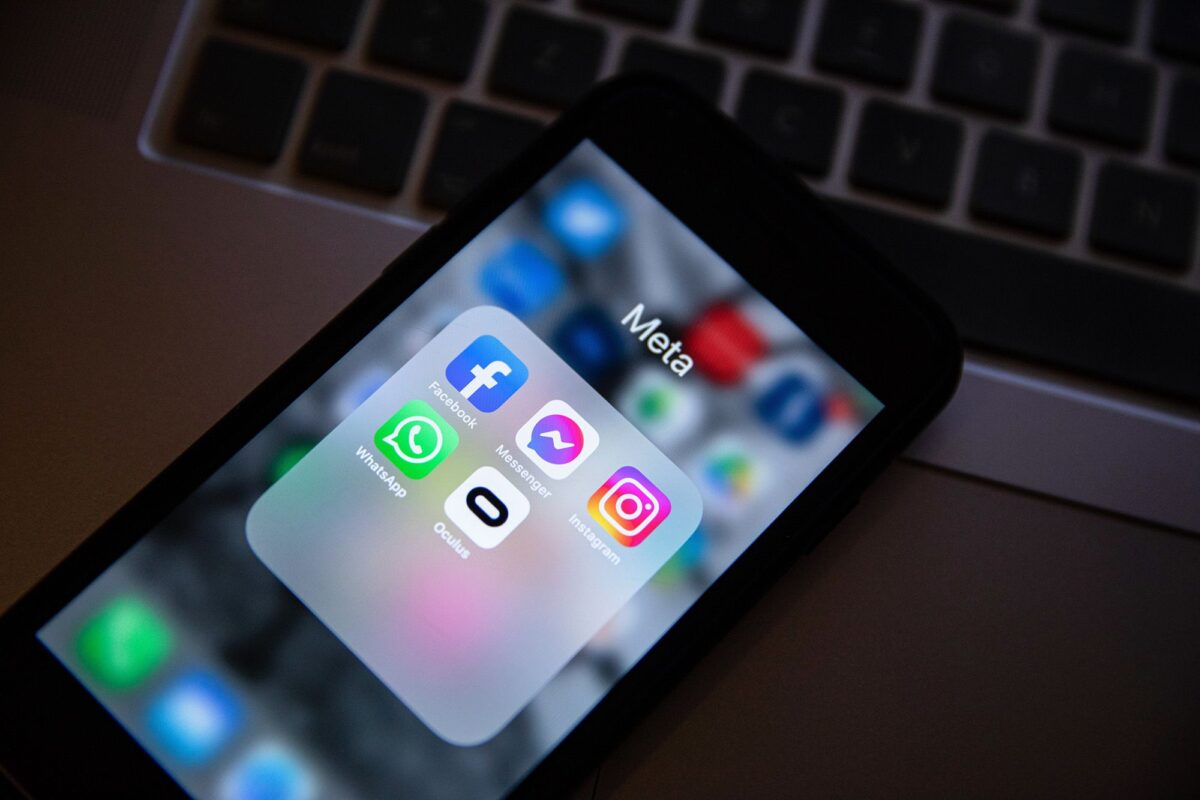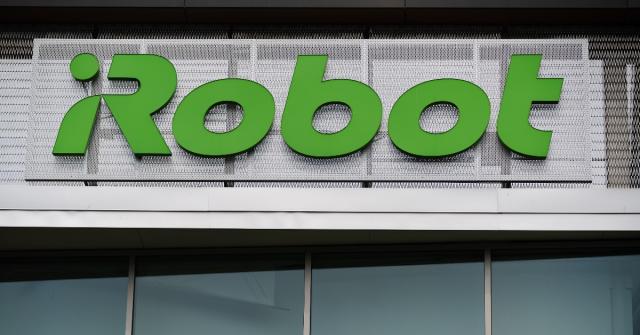MariaDB, the renowned open-source relational database management system, is once again in the spotlight as California-based K1 Investment Management has confirmed its submission of a provisional takeover offer.
Revealed quietly on Friday, K1 presented an “unsolicited non-binding indicative proposal” to MariaDB. This offer, subject to change during negotiations, suggests acquiring all MariaDB stock at a price of $0.55 per share, amounting to approximately $37 million based on the company’s February 5 valuation.
This development follows a period of significant internal changes for MariaDB, marked by the appointment of a new CEO and a substantial downsizing initiative, including divestment from its database-as-a-service and geospatial businesses.
MariaDB originated as a fork of MySQL fifteen years ago, driven by concerns about MySQL’s ownership following Oracle’s acquisition in 2009. Positioned as a fully open-source alternative, MariaDB has gained traction among major corporations for data storage and manipulation across applications.
Despite raising approximately $230 million in venture funding and going public via a SPAC in December 2022, MariaDB’s market performance has been lackluster. Facing successive earning reports, the company’s market capitalization plummeted below the New York Stock Exchange’s listing threshold of $50 million.
In response to financial pressures, MariaDB received a previous takeover proposal from existing investor Runa Capital, offering $0.56 per share. However, Runa Capital ultimately withdrew its bid, opting instead for a loan arrangement through an associated entity.
In early February of this year, MariaDB announced a forbearance agreement with creditors, leading to a temporary surge in its stock price. K1’s bid, reflecting a 189% premium over MariaDB’s pre-forbearance closing price, demonstrates the firm’s interest in the company.
K1 Investment Management’s Position Unlike traditional venture capital firms like Runa Capital, K1 specializes in later-stage investments and has a history of acquisitions. Notably, K1 acquired Australia’s ELMO Software for $319 million in 2022.
The March 29, 2024 deadline set by Irish Takeover Rules, applicable to MariaDB due to its headquarters in Dublin, marks the timeline for K1 to formalize its offer or withdraw.
Amidst commercial challenges, the MariaDB Foundation, overseeing the open-source project, secured a significant sponsorship deal with Amazon Web Services (AWS), ensuring continued support for the community-driven MariaDB.
The impending decision by K1 Investment Management underscores the pivotal moment for MariaDB, with potential implications for its future trajectory and the broader open-source database ecosystem.

